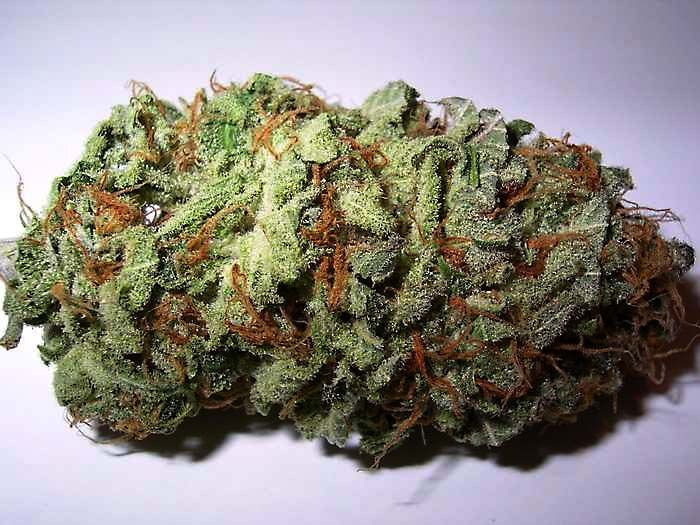Medical Marijuana's Next Stop: Washington D.C.

While the Department of Justice shuts down medical marijuana dispensaries across the country, operators are preparing to open new ones on Capitol Hill, according to ABC News.
Although medical marijuana has been legal in Washington D.C. since 1998, Congress, which controls the city's budget, blocked its implementation until recently. By the end of this month, some of the first dispensaries are expected to open, including one just eight blocks from the Capitol.
The Metropolitan Wellness Center is one of the three dispensaries that will open up in D.C. Although they are still awaiting a license, they will soon have multiple varieties of cannabis, paraphernalia, and a mix of cannabis products, including brownies, cookies, and drinks.
"When we find out what a patient's symptoms are, we can make a recommendation about what the best strain is for them and what the best possible route for ingesting that strain is," Vannessa West, Metropolitan Health Center's general manager told ABC News.
The medicine won't be as easy to get as in other dispensaries around the country though. D.C.'s Department of Health mandates that only residents of D.C. with HIV, AIDS, cancer, glaucoma, or multiple sclerosis are eligible, according to McClatchy.
On top of this, a physician must file a recommendation listing one of the qualifying illnesses, and will face scrutiny if they recommend too many people. With the recommendation, the patient will have to pay a fee to obtain an identification card that specifies their dispensary. This is done to ensure that each patient doesn't exceed two ounces, the maximum amount of medical marijuana allowed by the Department of Health, per month.
Nineteen states, most recently Maryland, have legalized medical marijuana, even though it is still illegal on a federal level. Under the Controlled Substances Act of 1970, Marijuana is listed as a Schedule 1 illegal substance without any known medical use and a high potential for abuse.
"The fact that the District of Columbia can pass it legally, and the District of Columbia is in the land of the federal government... is a contradiction and it speaks to the fact that federal laws need to sort of get on board with what more states are saying," West told McClatchy.



























